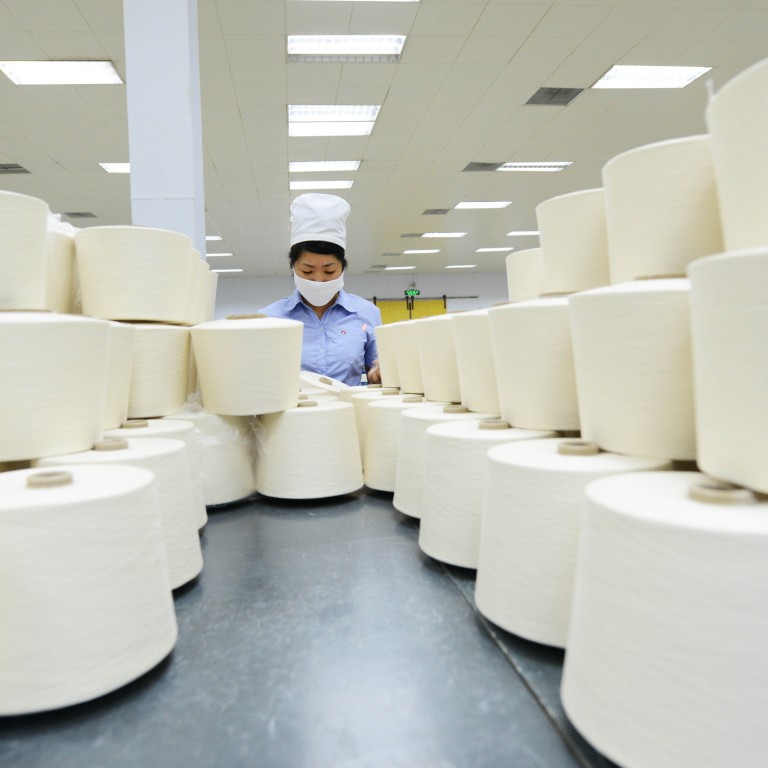
China July official PMI seen dipping below watershed line
Activity in China’s vast manufacturing sector may have contracted in July for the first time in 10 months, a Reuters poll showed, signalling a protracted slowdown in the world’s second-largest economy as demand at home and abroad sags.
The median forecast of 12 economists polled by Reuters this week showed China’s official Purchasing Managers’ Index (PMI) likely fell to 49.9 in July from 50.1 in June.
A reading above 50 indicates expanding activity while one below it points to a contraction. The last time the official PMI showed a contraction was in September last year, when the reading was 49.8.
A preliminary PMI survey by HSBC/Markit released last week showed factory activity slipped to a 11-month low in July as new orders faltered and the job market weakened.
The official PMI, which focuses on big and state-owned firms, has been generally rosier than the private survey, which targets small and private companies.
“We expect growth in the manufacturing sector to weaken further in the third quarter,” said Chen Letian, senior economist at Rising Securities in Beijing.
“The broader economy still faces downward pressures despite the recent government policies to support growth, although activity may stabilise in the fourth quarter.”
Chen expects annual economic growth to slow to 7.3-7.4 per cent in the third quarter from 7.5 per cent in the June quarter.
Analysts in a Reuters poll forecast annual GDP growth slowing to 7.4 per cent in the third quarter before stablising in the final quarter of this year. Full-year growth is forecast to be 7.5 per cent - in line with the official target.
Since taking office in March, China’s new leaders have said they are prepared to tolerate tamer growth as they push a restructuring of the economy toward domestic consumption.
The government has unveiled a series of small, targeted steps in recent weeks, including more spending on social housing and railways and tax cuts for small businesses, to bolster the economy, which has slowed in nine out of the past 10 quarters.
It is trying to tackle overcapacity in industries such as steel, cement and shipbuilding, and is betting on a developing services industry to absorb surplus workers.
But the economy also faces stiff global headwinds, and a recent interbank cash crunch has underscored Beijing’s resolve to defuse possible systemic financial risks.
After the manufacturing PMIs are released on August 1, the official services PMI will be released on August 3, followed by the HSBC services PMI on August 5.

